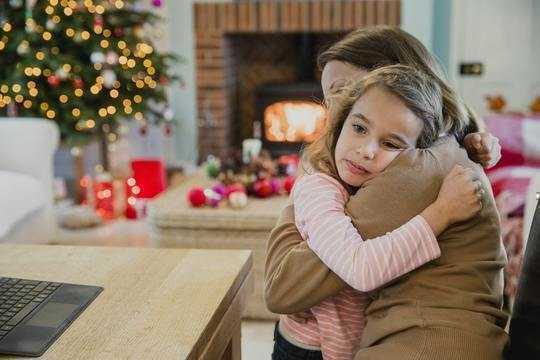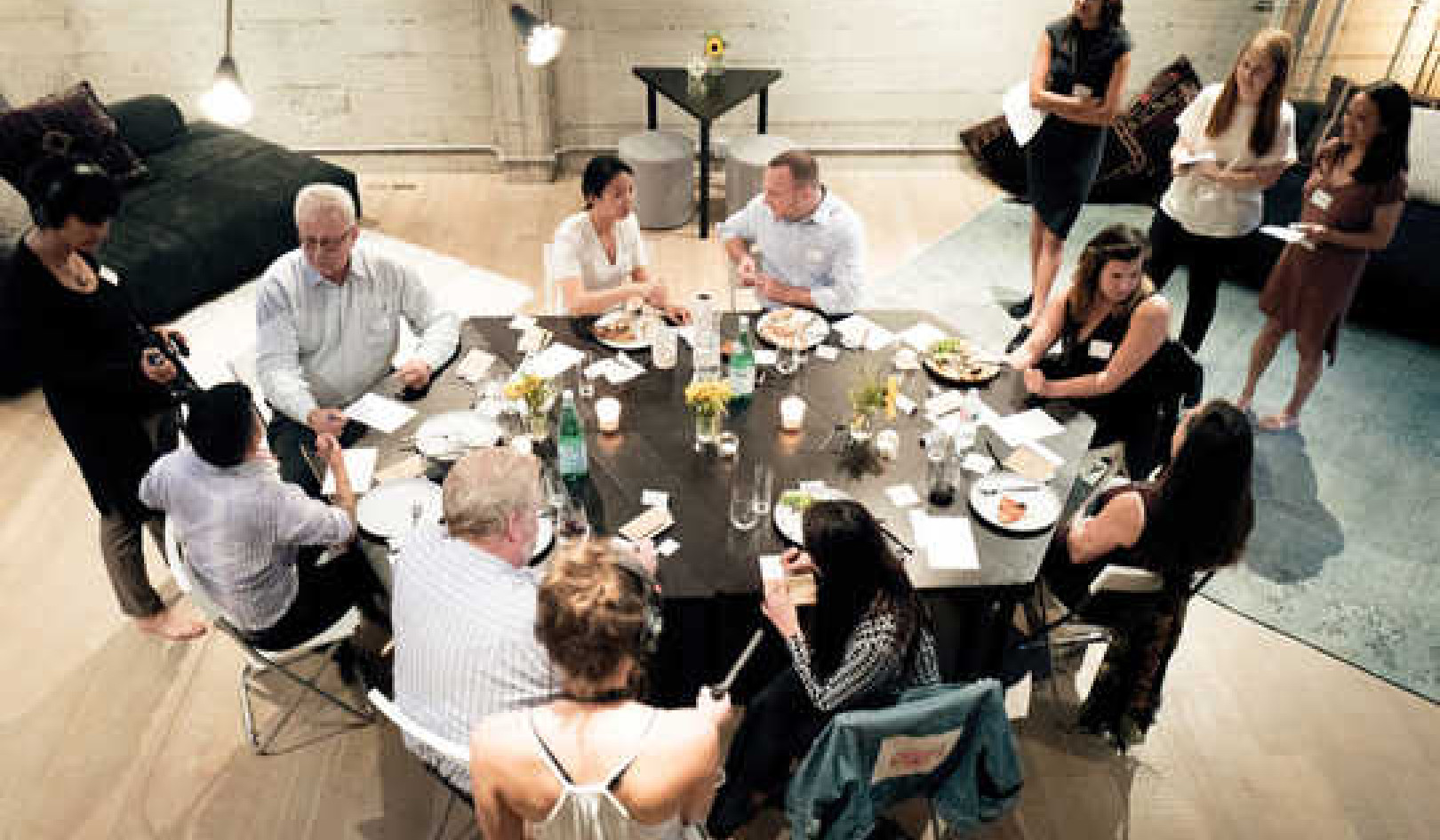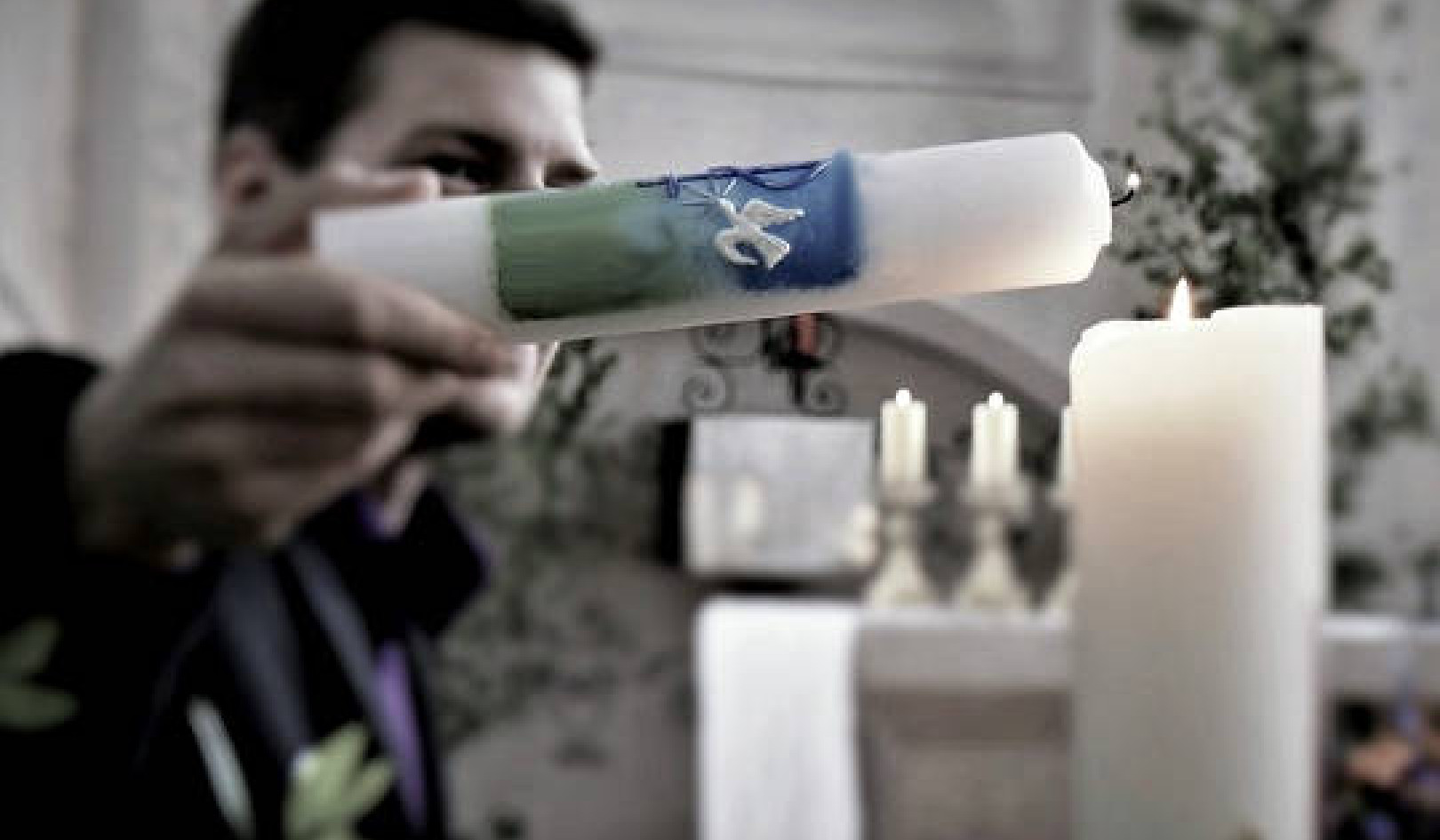 DGLimages/Shutterstock
DGLimages/Shutterstock
Most children look forward to the Christmas holidays as a time for fun and families. But for some young carers – children who provide care for someone in their family who is ill or disabled – the Christmas holidays are a mixed blessing.
Dani* is one such young carer who I worked with as part of recent research. She is 14 and cares for her mum who has Multiple Sclerosis and depression. Dani does most of the cooking and cleaning in the house as well as shopping and managing the family finances.
She also spends time with her mum trying to keep her spirits up and making sure she takes her medication. This means Dani has little, if any, time for socialising. Her mother’s condition also means Dani is sometimes too worried about leaving her mum at home alone to go out with friends, even though her mum would like her to.
Christmas is going to be both good and bad for Dani and her mum. It means Dani spends time with her mum at home and doesn’t have to worry about her as much because they are together. But it also means she has to do a lot more around the house when her mum is too ill to do it, such as cooking, wrapping presents and making sure Christmas is a happy time for them both.
Unrecognised support
For children like Dani, the Christmas holidays can be an emotional time and bring extra challenges. It’s particularly hard if they are having to provide care unrecognised and unsupported, when other family members or friends are not able or available to help, or support services are missing.
This can make caring a lonely and isolating experience for some children. Many of them also have to provide the sort of care we would normally associate with an adult – toileting and bathing a loved one, administering medication, cooking and cleaning, as well as having to look after younger siblings.
Some children also help care for a parent, or other relative, who has mental health problems, or substance misuse issues, or both mental and physical health conditions. A new children’s book I wrote aims to explain what it’s like being a young carer.
Estimates of the number of children across the UK who provide informal care in families range from 166,000 to 700,000. The discrepancy in the figures is because definitions used by researchers to describe young carers lack consistency and different methods are used to identify and investigate their experiences.
But it’s also because some children are wary of disclosing the fact that they are caring for a family member for fear of interventions by health or social services that may lead to family separations. This means that some children are caring unrecognised, unsupported and often with very little knowledge or understanding about the condition, and prognosis, of the person they are caring for.
Getting help early
For some young carers, the amount of care they provide at home can seriously affect their education, their social and family lives, and their chances of a happy future that is free from caring. For others, caring can be a rewarding experience, but this is more likely to be the case when they and their families are supported by consistent and good quality health and social care services.
Ten years of austerity have eroded both the availability and quality of those services. In these cases, it’s children and families that suffer the most.
Evidence shows that children who provide care unrecognised and unsupported are more likely to experience low self-esteem, as well as poor education outcomes and difficult transitions in adulthood. Early interventions are needed that identify young caring before it becomes just a regular part of child’s everyday life.
Providing support to the whole family is key to ensuring children do not provide inappropriate levels of care that have a detrimental impact on their lives and the life of the person they’re caring for. Thanks to the 2014 Care Act, young carers now have a right to an assessment of their needs alongside the person they are caring for. Yet, a study by the Children’s Commission in 2016 found that four out of five young carers still receive no support.
Young carers like Dani need recognition and support, and they need this both for themselves and for the person they care for. They also need opportunities just to be children, to have fun and enjoy being with their families. At no time is this more true than at Christmas.
About The Author
Jo Aldridge, Professor of Social Policy and Criminology, Loughborough University
This article is republished from The Conversation under a Creative Commons license. Read the original article.
Related Books:
The Body Keeps the Score: Brain Mind and Body in the Healing of Trauma
by Bessel van der Kolk
This book explores the connections between trauma and physical and mental health, offering insights and strategies for healing and recovery.
Click for more info or to order
Breath: The New Science of a Lost Art
by James Nestor
This book explores the science and practice of breathing, offering insights and techniques for improving physical and mental health.
Click for more info or to order
The Plant Paradox: The Hidden Dangers in "Healthy" Foods That Cause Disease and Weight Gain
by Steven R. Gundry
This book explores the links between diet, health, and disease, offering insights and strategies for improving overall health and wellness.
Click for more info or to order
The Immunity Code: The New Paradigm for Real Health and Radical Anti-Aging
by Joel Greene
This book offers a new perspective on health and immunity, drawing on principles of epigenetics and offering insights and strategies for optimizing health and aging.
Click for more info or to order
The Complete Guide to Fasting: Heal Your Body Through Intermittent, Alternate-Day, and Extended Fasting
by Dr. Jason Fung and Jimmy Moore
This book explores the science and practice of fasting offering insights and strategies for improving overall health and wellness.
care






















